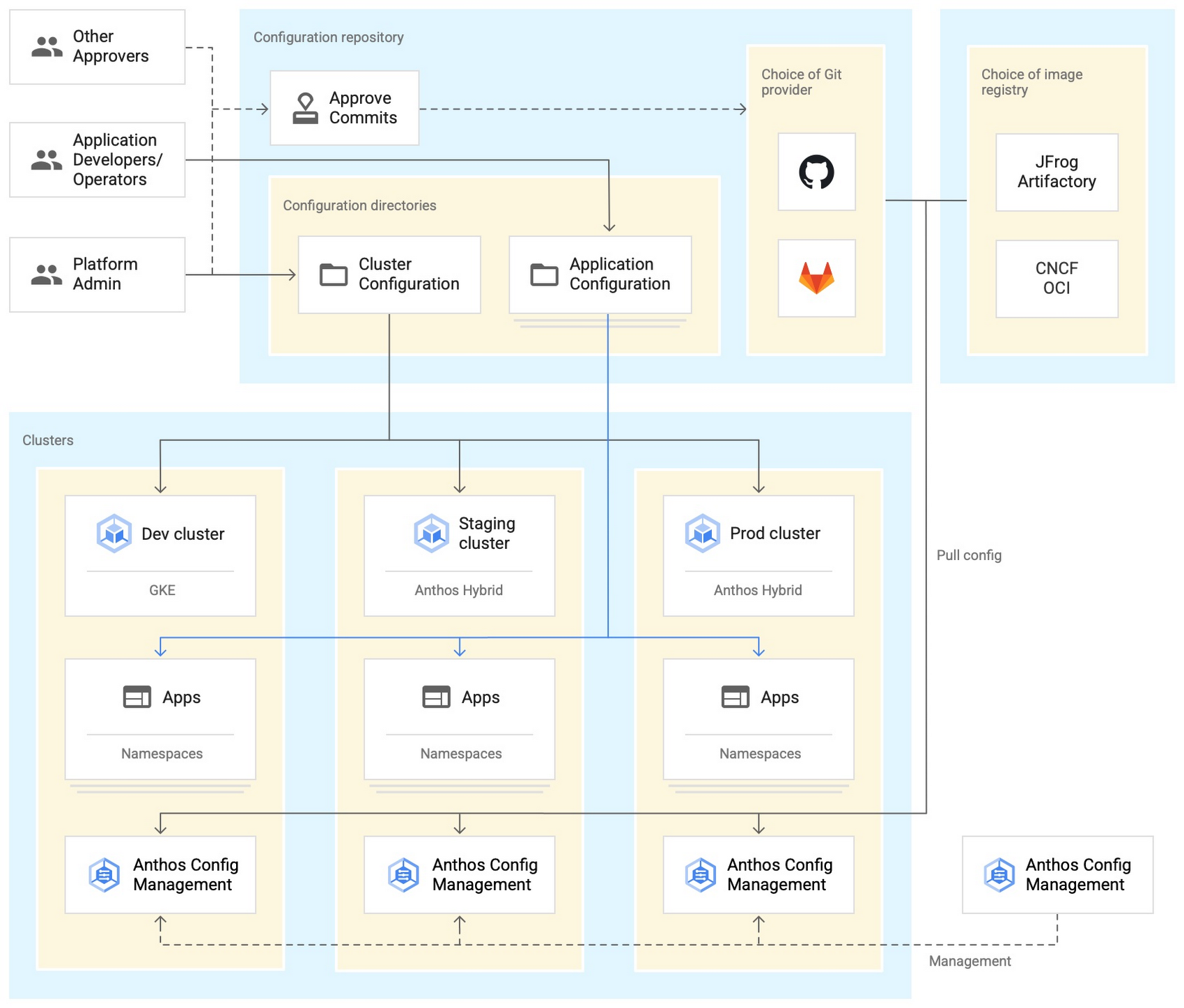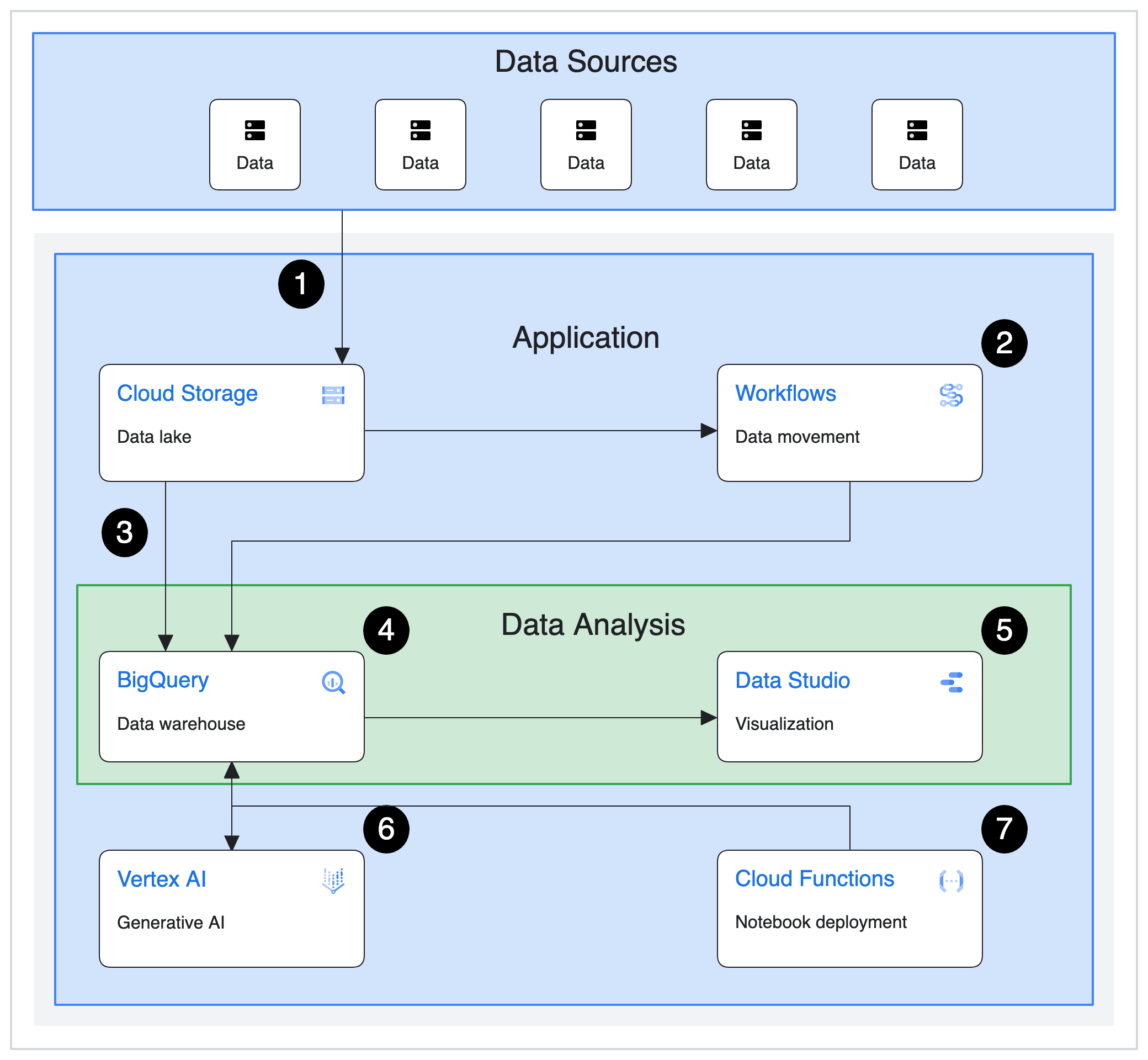Okay, here's the deal with Google Cloud's developer tools. You get the gcloud CLI which has over 200 commands - good luck remembering them all. It breaks randomly when you update it, especially on Windows. The error messages are cryptic as hell. When gcloud auth login stops working (not if, when), delete ~/.config/gcloud and start over. This fixes 80% of auth issues according to Stack Overflow.
The Python and Java client libraries are solid - I've used them in production for 3+ years without major issues. The Node.js library is decent but the async handling can be a pain. Don't bother with the C++ library unless you hate yourself - it's still in beta after 5+ years and the documentation is garbage.
The Build and Deploy Reality

Cloud Build works until it doesn't. Your builds will randomly fail with "INTERNAL_ERROR" and Google support will tell you to "try again later." I've lost entire afternoons to this shit. The free tier gives you 120 build minutes per day which sounds generous until you're doing Docker builds with large images - then you'll burn through it fast.
GKE is expensive but scales like crazy. I've seen it handle 15,000+ nodes in production at Spotify (they actually use this stuff). But expect your first bill to make you panic - they charge for everything including the control plane. Pro tip: use preemptible nodes to cut costs by 80%, just don't put critical stuff on them.

Cloud Run is actually pretty great for stateless apps. Scales from zero, bills per request, boots fast. The catch? Cold starts can be 2-3 seconds for Java/C# apps. Python and Node.js start faster. And good fucking luck debugging networking issues - the logs are useless.
Development Environment Hell
Cloud Shell times out after an hour of inactivity and loses your work. I learned this the hard way during a demo. It's free but you get what you pay for. The 5GB persistent disk fills up fast if you're installing packages.
Cloud Code for VS Code is hit or miss. Sometimes it helps with Kubernetes deployment, sometimes it can't find your clusters. The debugging features work when they work, which is about 60% of the time in my experience.
Infrastructure as Code (When It Works)
Google's Infrastructure Manager is just managed Terraform. It's fine if you already know Terraform, but the state management has bitten me twice with corrupted state files. Always backup your state files manually.
The real problem? Google Cloud changes APIs frequently and Terraform providers lag behind. You'll spend hours figuring out why your working config suddenly breaks after a provider update.






